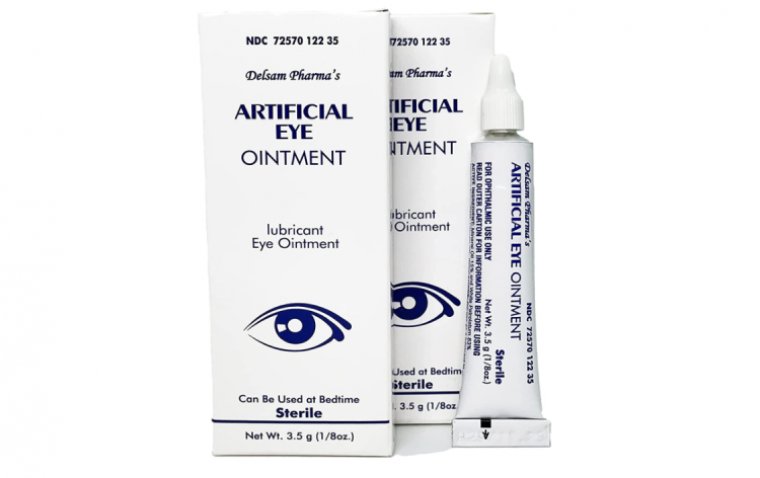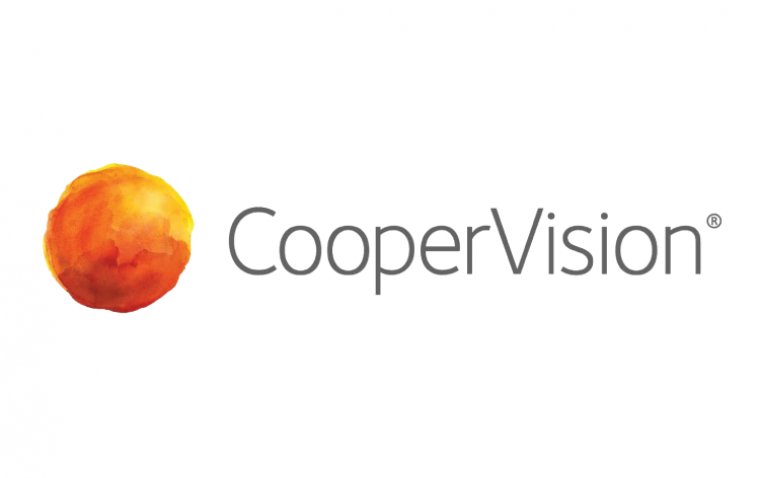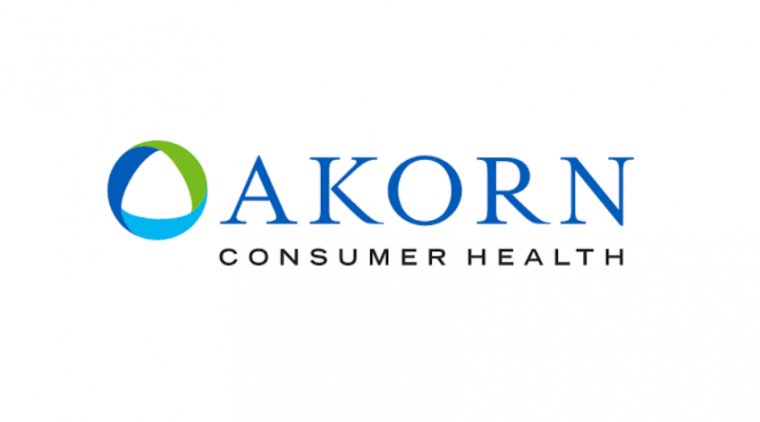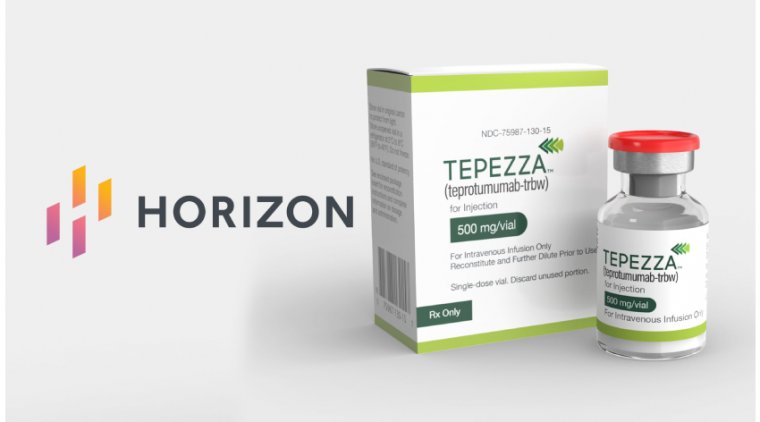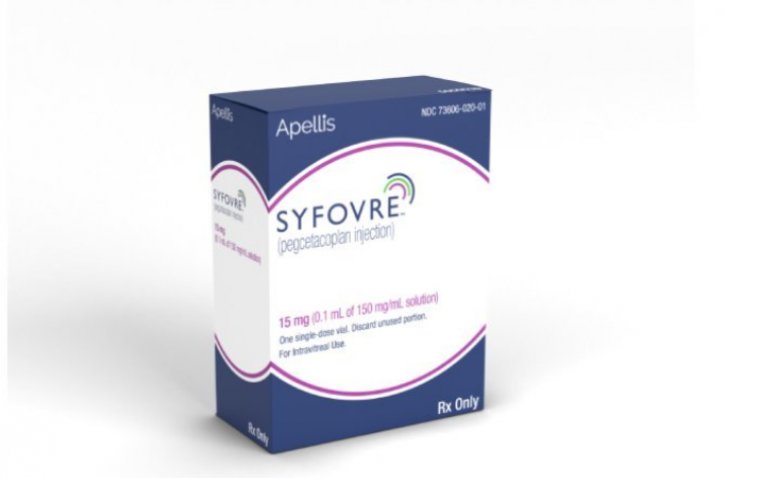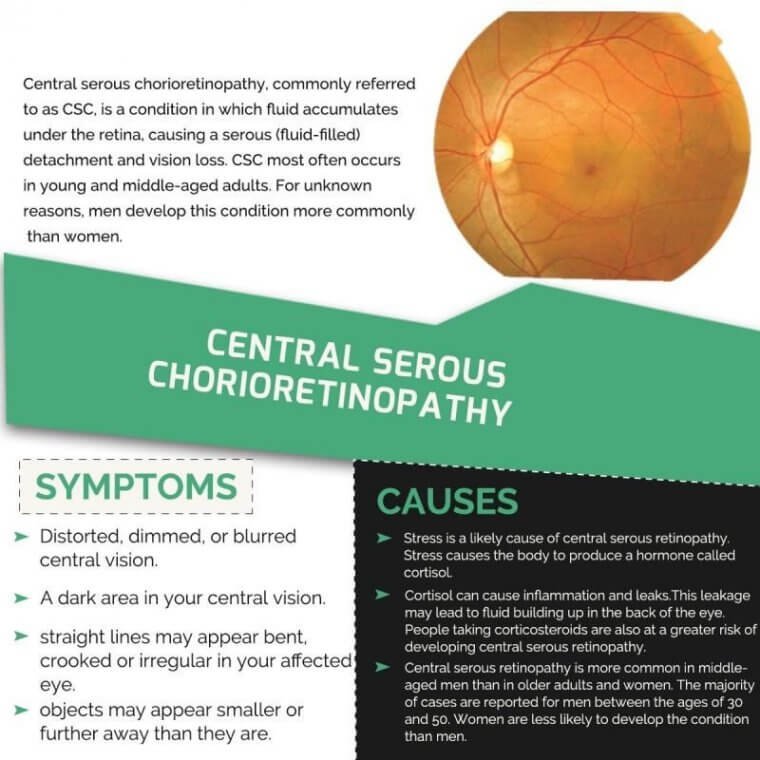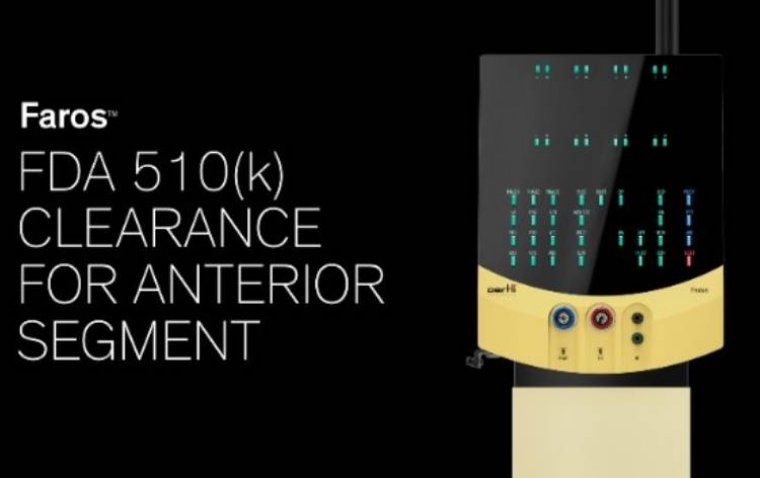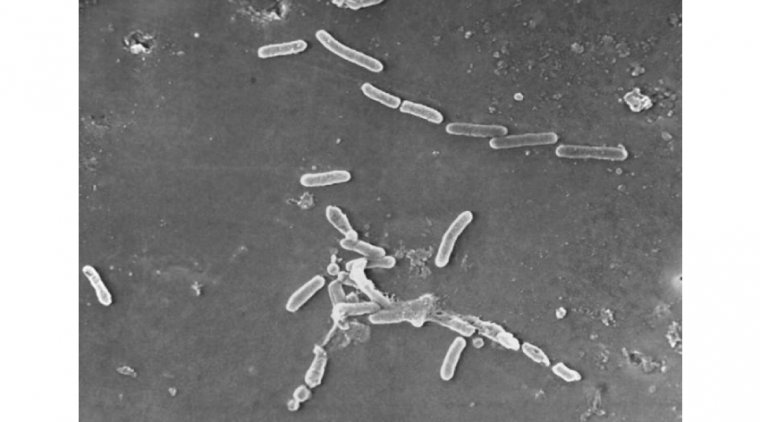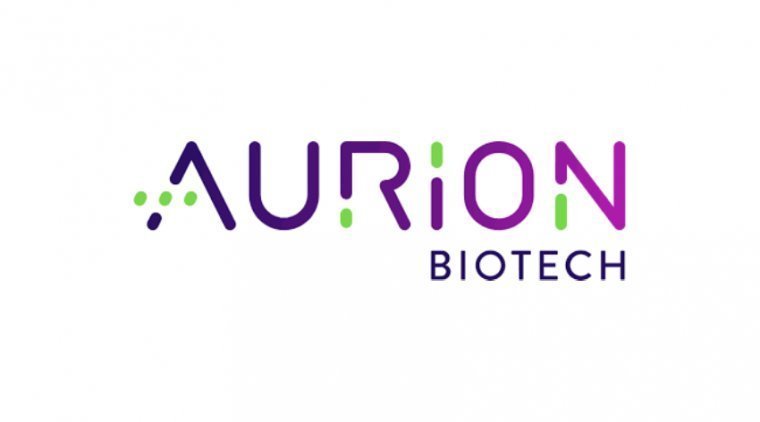
Aurion Biotech's AURN001 Receives FDA Breakthrough and RMAT Designations for Corneal Edema Therapy
Aurion Biotech has been granted Breakthrough Therapy Designation (BTD) and Regenerative Medicine Advanced Therapy (RMAT) Designation by the FDA for AURN001, Aurion's innovative allogeneic cell therapy candidate designed to treat corneal edema secondary to corneal endothelial disease.
Expediting Development and Recognition
Breakthrough Therapy Designation expedites the development and review process for drugs addressing serious conditions where initial clinical evidence suggests substantial improvement over existing therapies. RMAT Designation, part of the 21st Century Cures Act, recognizes regenerative medicine therapies with potential to treat, modify, reverse, or cure serious conditions, filling critical unmet medical needs.
Sterling Chung, Vice President of Regulatory Affairs and Quality at Aurion Biotech, expressed gratitude for the designations, emphasizing their significance in advancing potential solutions for millions affected by corneal endothelial diseases worldwide. "We look forward to collaborating closely with the FDA to accelerate the development of our cell therapy," Chung stated.
Progress in the CLARA Trial
The designations follow Aurion's recent completion of enrollment and dosing in its Phase 1/2 CLARA trial across the U.S. and Canada. This prospective, multi-center study evaluates three doses of neltependocel combined with Y-27632 for safety, tolerability, and efficacy in treating corneal edema secondary to corneal endothelial dysfunction. The primary endpoint is the percentage of subjects achieving a three-line improvement in vision at six months.
Greg Kunst, CEO of Aurion, hailed the designations as pivotal for patients with corneal endothelial disease, highlighting the collaborative efforts that made these advancements possible. "Today's news underscores our commitment to providing better, less invasive treatment options," Kunst remarked, acknowledging the contributions of clinical trial participants and their healthcare providers.
Addressing Corneal Endothelial Dysfunction
Corneal edema secondary to endothelial dysfunction poses a significant threat to vision, impacting millions globally. The condition arises from the loss or degradation of corneal endothelial cells, which do not regenerate naturally. Traditional treatments include corneal transplants like PKP, DMEK, or DSAEK, which face challenges such as limited donor supply and post-operative recovery requirements.
Despite the effectiveness of transplants, the scarcity of donor corneas remains a critical issue, with one donor cornea available for every 70 diseased eyes. Additionally, recovery from transplant surgery often necessitates extended periods of post-operative care.
Aurion Biotech's breakthrough with AURN001 offers a promising alternative, potentially transforming the landscape of corneal endothelial disease treatment. With regulatory approval already secured in Japan and ongoing trials demonstrating encouraging results, Aurion Biotech continues to lead the charge in innovative therapies aimed at restoring vision and improving quality of life for patients worldwide.
*Stay in the loop and make sure not to miss real-time breaking news about ophthalmology. Join our community by subscribing to OBN newsletter now, and get weekly updates.
(1).jpg)
